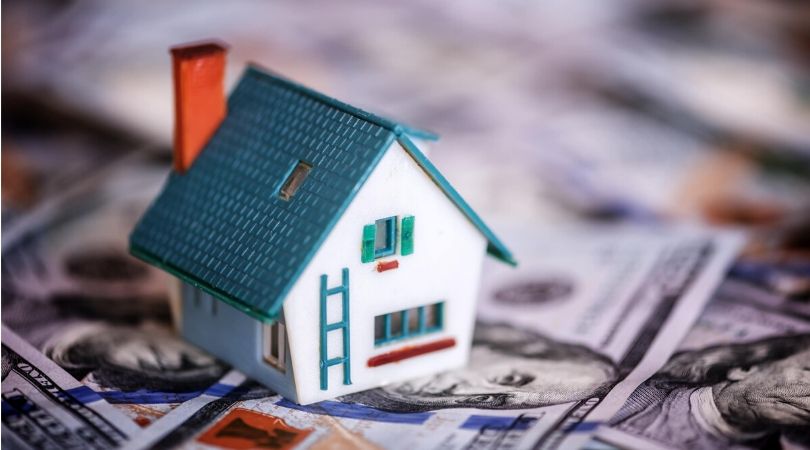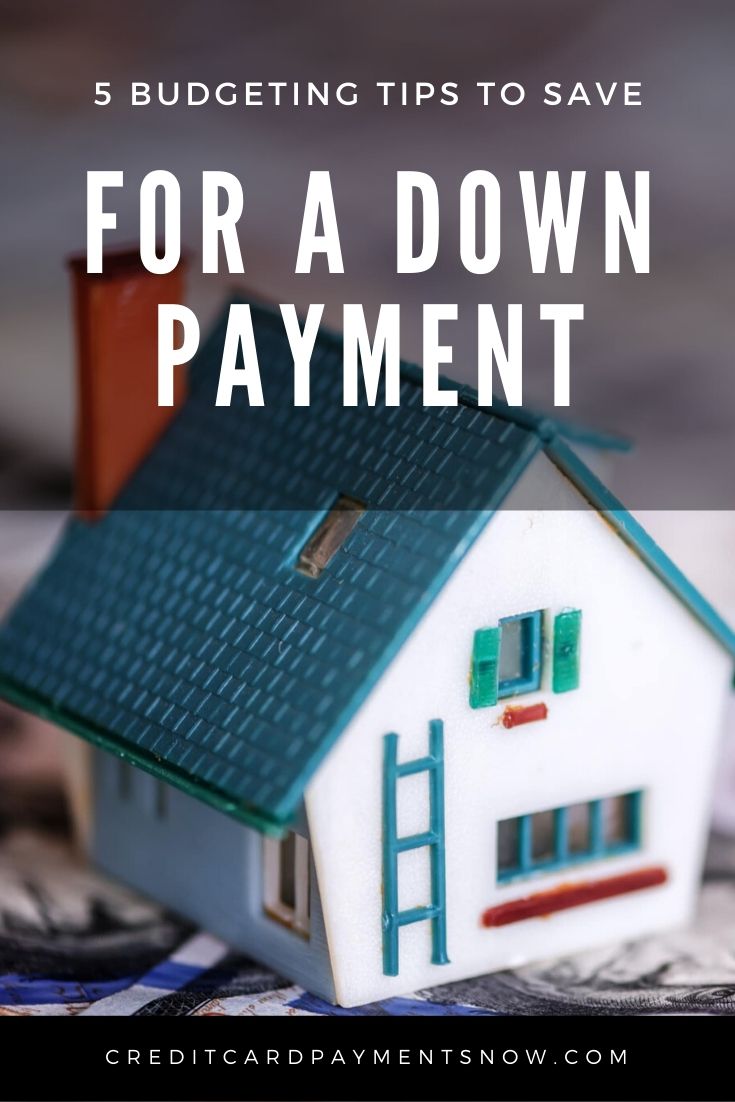When it comes to getting a mortgage, one thing is clear: the bigger the down payment, the better mortgage conditions you’ll get. So it does make sense to try and save for a hefty down payment.
Of course, you can always look for a FHA Loan, which works for people with little saved for a down payment (and also not a great credit score), but ideally you should look to make your home loan as affordable as possible and get the best mortgage deal you can.
5 budgeting tips for saving a bigger down payment
Whatever you do, it’s better to have an actual plan, so saving for a down payment is no different:
1. See how much money your future home will actually cost
Of course you cannot come up with 100% accurate numbers, when it comes to home prices, but you shouldn’t be too far from the price as well.
Say you got your eyes on a certain city area. Look at how much homes usually cost there and you’ll come up with some numbers.
If homes there cost $500,000 for instance, you shouldn’t budget $300,000 for instance, since it’s almost impossible to get a house this cheap.
Even if you are off with few thousand dollars, you still get a view on what it will cost you to buy a house in that area.
Write down that number, it’s what you will need to pay/borrow to get your dream home.
Now, that we like planning, let’s take the next step:
2. See how much of a down payment you can get saved
We already agreed that you need a bigger down payment to get a better mortgage deal, so make an accurate estimate on how much you need to save, in order to access that home loan.
Write that number down. This is how much you need to save to access your home loan.
3. How much time do you need to save money for that down payment?
This is the next step in your plan: seeing how much time you’ll actually need in order to have your dream down payment saved.
See what’s your current saving rate each month and if you can improve on that.
If you are saving 50 bucks/month, maybe planning to save 10 times more won’t make sense, unless you can really find ways to cut down your spending.
Plan your down payment savings based on your current savings each month and see how much you can improve on that.
4. Start saving aggressively
Cut down on any unnecessary spending.
This means clothing you don’t need, a new gadget, a new car. If it’s not a matter of life or death, you don’t need it. Save that money instead.
If you are constantly urged to buy, seeing all those coupons and clearance sales, think about this: there’s always gonna be stuff to buy, there’s always gonna be the next sale. Don’t be fooled by the advertising, you’ll always get great deals, even if you don’t buy right now.
Getting any windfalls? Use them towards your spending goal.
If you can earn extra money, use that money as well to make your down payment bigger.
Related article:
3 Ways to Earn Money on the Side
Make it a habit to save money before you spend it on leisure or any unneeded expenses.
5. Stick to your money saving plan
The biggest issue with personal finance is that you need to constantly struggle to stick to your plans. It’s not just a ‘diet’ fad, you need to adjust your lifestyle accordingly and do so for many months to come (even years, if you don’t want to pay your mortgage for 60 years to come).
Buying a home is probably the biggest expense you’ll need to make all your lifetime, so it’s one of the areas where you can lose a lot of money or save a lot of it.
If you follow all these logical steps, you’ll have a bigger down payment saved and get a better mortgage deal.
Be careful with your money after you got your home loan and you’ll pay off your mortgage soon and become debt free in no time.






Interesting article that surprisingly is useful in today’s difficult times. Why don’t you write something fresh related to today’s realities? I would love to read about saving money, the topics are very broad – from electricity to shopping.